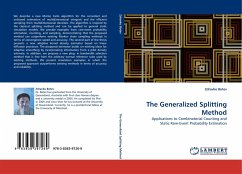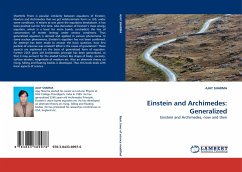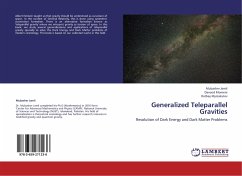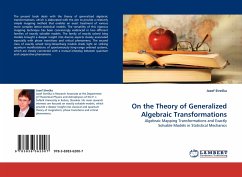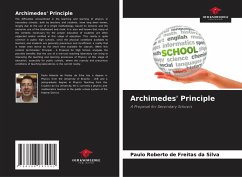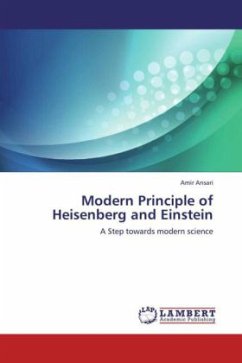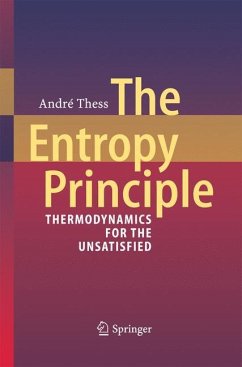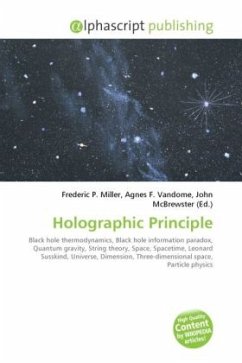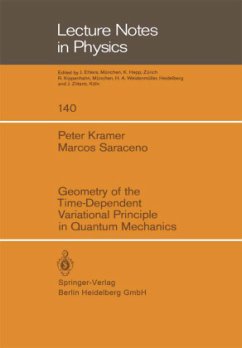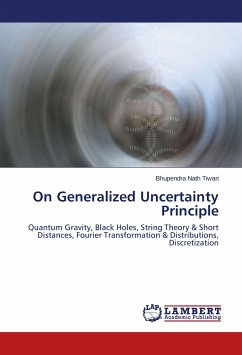
On Generalized Uncertainty Principle
Quantum Gravity, Black Holes, String Theory & Short Distances, Fourier Transformation & Distributions, Discretization
Versandkostenfrei!
Versandfertig in 6-10 Tagen
32,99 €
inkl. MwSt.

PAYBACK Punkte
16 °P sammeln!
The present research explores the role of generalized uncertainty inequalities in the theory of quantum gravity. Motivated from the noncommutative nature of string theory, we show that there exists an ultraviolet/ infrared mixing dependent function. From the perspective of higher derivative stringy corrections, the uncertainty principle arises as the analyticity condition of a complex function. For a given ultraviolet cutoff, this observation non-trivially modifies the algebra of quantum observables. With the postulate that Planck length is the minimal length scale in nature, our analysis is i...
The present research explores the role of generalized uncertainty inequalities in the theory of quantum gravity. Motivated from the noncommutative nature of string theory, we show that there exists an ultraviolet/ infrared mixing dependent function. From the perspective of higher derivative stringy corrections, the uncertainty principle arises as the analyticity condition of a complex function. For a given ultraviolet cutoff, this observation non-trivially modifies the algebra of quantum observables. With the postulate that Planck length is the minimal length scale in nature, our analysis is in accordance with T-duality symmetry and the existence of both the maximum and minimum length scales. Given a finite size universe, we find that the uncertainty inequalities do exist in any quantum theory. Both the Regge behavior of string spectrum and the black hole horizon area quantization are natural consequences. The role of the generalized uncertainty principle is discussed towards theeffects of quantum gravity, short distance geometries, Fourier transformation, distribution theory, discretization of spacetime and thus the perspective for the geometric origin of M-theory.




